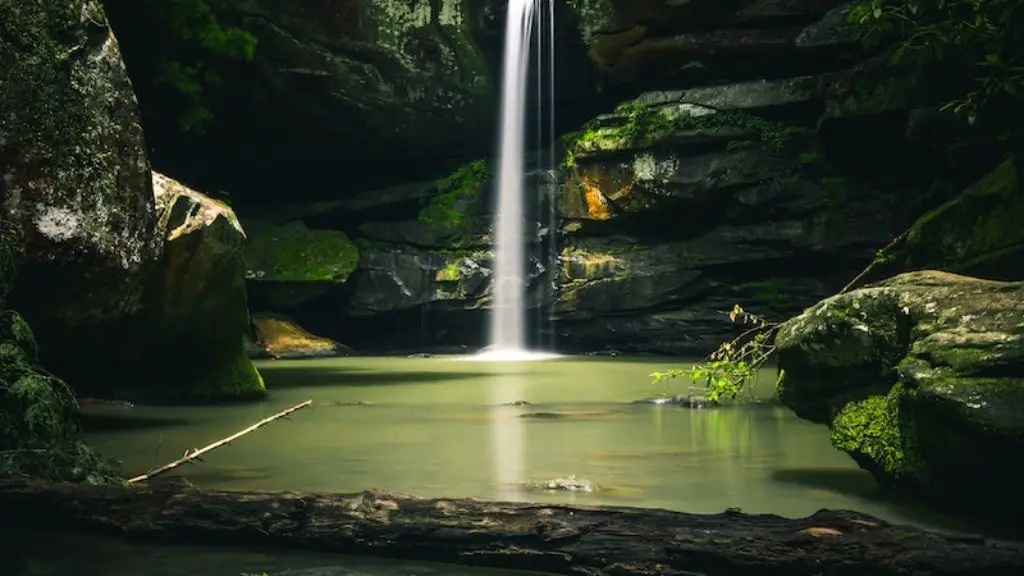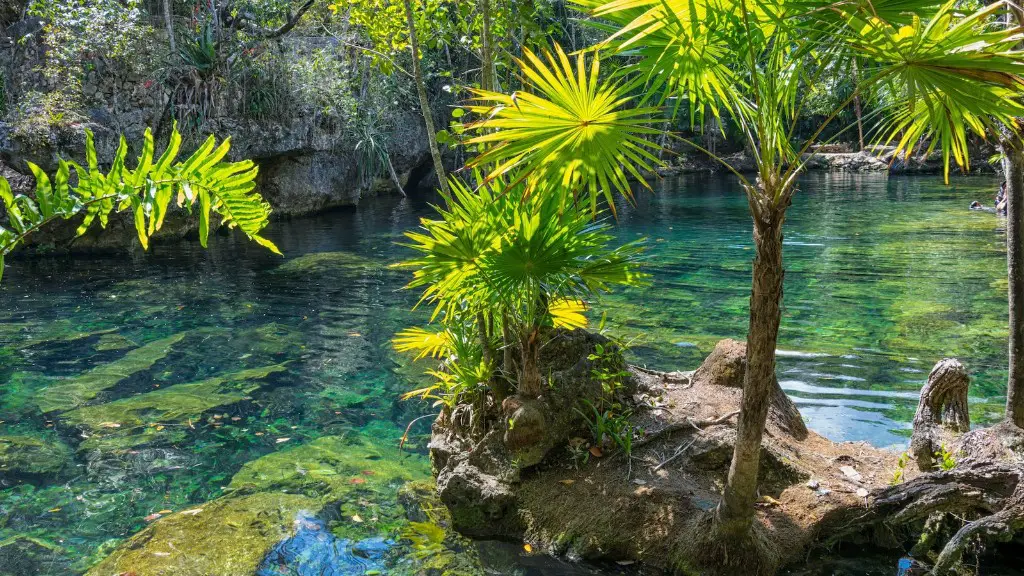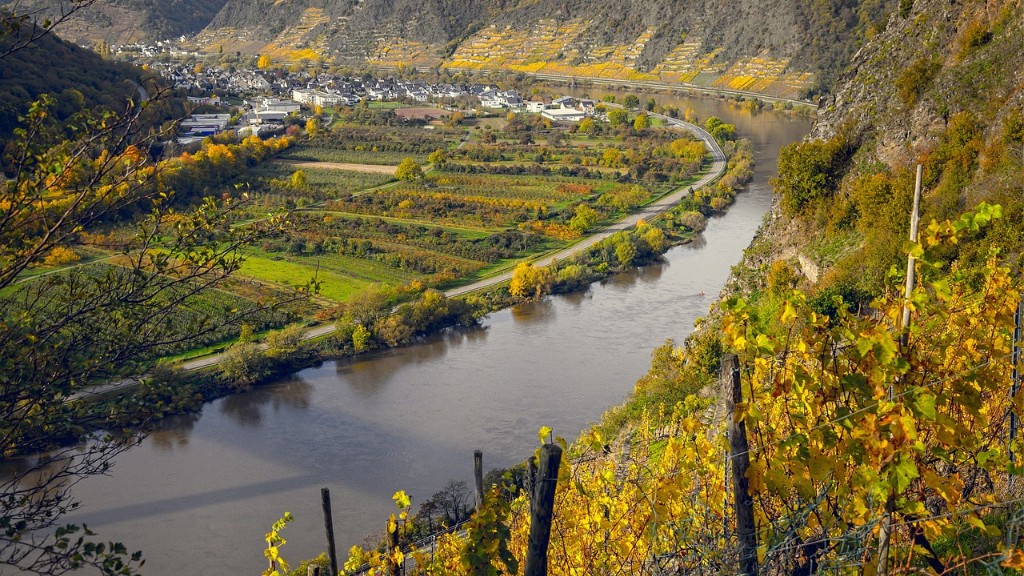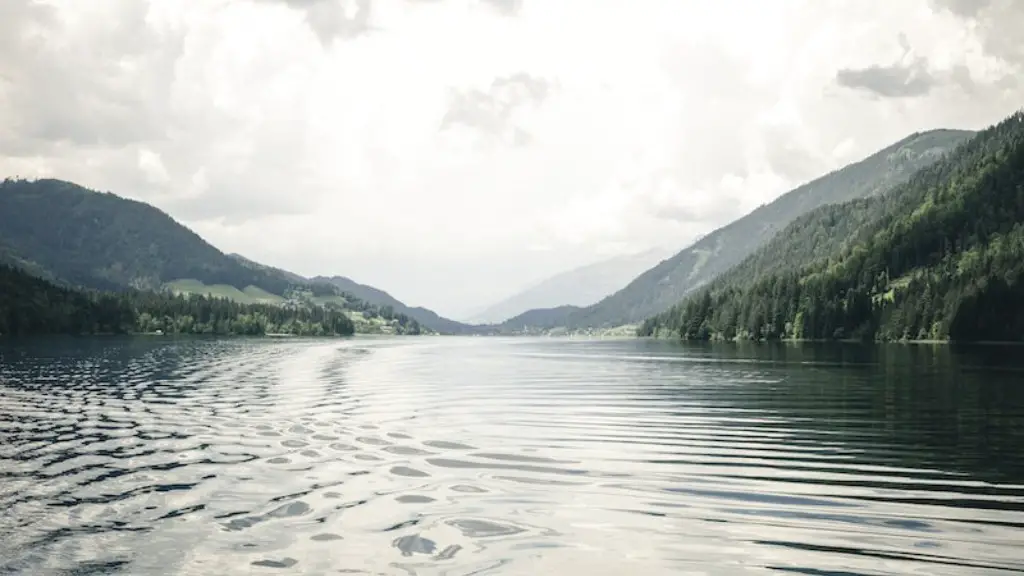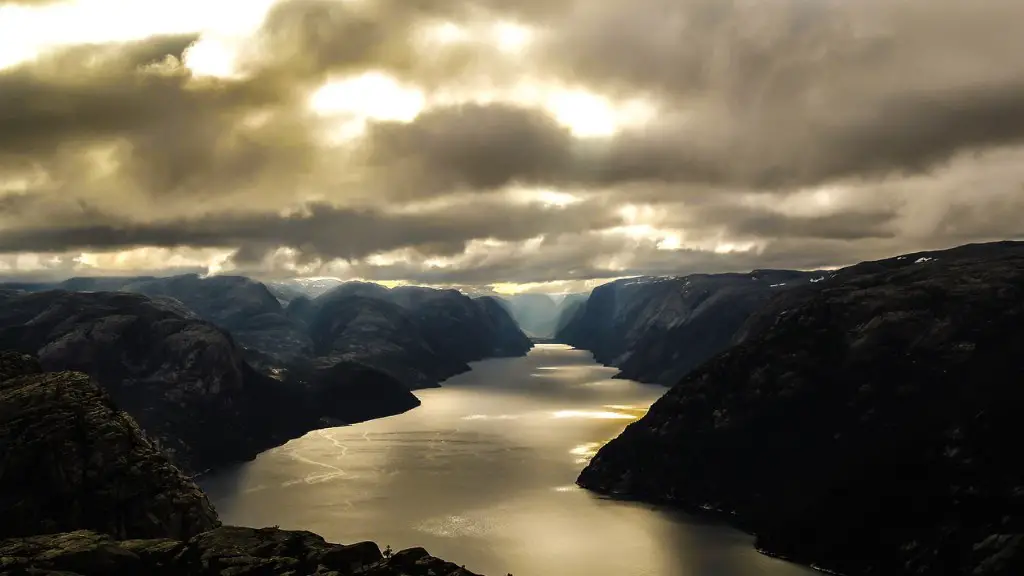Facts about Mississippi River Freezing
The Mississippi River is the second-longest river in the United States, and it flows through ten states before reaching its final destination in Louisiana. The river is a large body of water, and it is estimated that it takes around 90 days for a drop of water to travel the entire length of the river. Over the last few years, there has been a debate amongst the scientific community on whether the Mississippi River is freezing.
The surface of the Mississippi River freezes in certain areas, especially near the northern states that it touches, such as Minnesota and Wisconsin. In cold weather months, ice can form on the surface of the river, but this is not a permanent state for the river. The fact is that, owing to the size of the river and the amount of current, it is not likely for it to freeze over entirely.
Despite the fact that it is not possible for the entire Mississippi River to freeze over, there are conditions which can make the river partially freeze. These conditions include excessively cold temperatures, strong winds, and thick layers of snow. The ice is more likely to form in areas with slower water flows, such as on the bends, in narrow sections of the river, and in the smaller tributaries.
For the most part, however, the Mississippi River is not getting close to freezing over. In fact, the current which runs through the river makes it difficult for the icy conditions to form, as the current keeps flowing. Despite the cold temperatures, the river is able to maintain its balance, especially in areas where tributaries and other streams are entering.
In some cases, the freezing of the Mississippi River could have serious implications for the surrounding environment. If the river were to freeze over, there would be a decrease in the oxygen levels of the water. This would be extremely detrimental for aquatic life, as many of the Marine species rely on oxygen to survive. Additionally, the river could form dangerous ice jams, which could result in flooding and other damage to the banks of the river.
In conclusion, although it is not likely for the entire Mississippi River to freeze over, there could be certain conditions that could lead to the partial freezing of the river. This could have serious environmental implications, including decreased oxygen levels and potential flooding. Therefore, while it is possible for the Mississippi River to freeze, it is important to remember that it is not likely.
Impact of Mississippi River Freezing on Tourism
The Mississippi River provides the perfect backdrop for numerous popular tourist attractions. Riverside towns and cities, beautiful beaches, and recreational activities have made the Mississippi a popular holiday destination for many years. In fact, the Mississippi is one of the most visited rivers in the United States, with millions of people visiting each year.
The Mississippi River could experience some drawbacks if it were to freeze over. Tourism would be greatly impacted, as the majority of tourist activities depend on the river being open and accessible. Popular activities, such as swimming, fishing, boating, and kayaking would be impossible if the river were frozen. As a result, many of the businesses which rely on tourism revenue would suffer.
Not only that, but the entire ecosystem of the river would be affected, as the aquatic life is dependent on the river to survive. If the river were to freeze, many species of animals and plants may not be able to survive the ice, resulting in a decrease in biodiversity. This could be detrimental to the entire environment around the Mississippi, as many species of plants and animals rely on the river to survive.
Despite the potential impacts of freezing, it is important to remember that it is not likely for the Mississippi River to freeze over. Even if there are periods of cold temperatures, the fast-flowing water keeps the river open and accessible for tourists and aquatic life alike. Therefore, it is safe to say that the Mississippi River will continue to be an attraction for many years to come.
Status and Role of Mississippi River in Social Media
In recent years, the Mississippi River has become increasingly popular in social media and other digital platforms. From pictures, videos, and stories, the Mississippi River serves as a source of inspiration for many people around the world. In addition, people use hashtag campaigns to bring attention to the Mississippi, allowing for open discussion about its history and importance.
Social media has become an effective tool in highlighting the importance of the Mississippi River as well. Through hashtag campaigns and other digital efforts, people have been able to bring attention to the consequences of climate change and other threats to this natural Beauty.
Additionally, social media platforms have allowed for the creation of online communities that are dedicated to the Mississippi River. Through these platforms, people can share their experiences, stories, and photos of the river. These avenues can also allow for individuals to connect and collaborate, in order to advocate for the conservation of this valuable resource.
In conclusion, the Mississippi River has become a popular internet phenomenon in recent years, due to social media platforms. From hashtag campaigns to online communities, people are able to share their experiences, stories, and pictures of the river. It is clear that social media has the potential to be an effective tool in highlighting the importance of this natural wonder.
What Should Be Done to Protect Mississippi River
The Mississippi River is a vital resource of the United States, and it is essential that it is protected from harm. Pollution, climate change, and other factors have caused the river to suffer, and if action is not taken, the future of this natural wonder may be in danger.
The first step in protecting the Mississippi River is to reduce pollution and other harmful chemicals entering the river. The use of biodegradable materials, as well as bans on certain toxic substances, can help to reduce the amount of contaminants entering the river. Additionally, government regulations and stricter enforcement of agricultural runoff can help to keep the river clean.
In addition, it is important to restore the wetlands which line the Mississippi River. These wetlands act as a buffer, protecting the river from floods and erosion. The restoration of these wetlands can help to reduce the impact of climate change on the river, and will help to preserve the integrity of the river for future generations.
Finally, there is an important educational component associated with protecting the Mississippi River. By teaching people about the importance of this natural wonder, it is possible to raise awareness and motivate individuals to take action. Citizen activism and collaboration is key to the preservation of the river, and can help to ensure that the Mississippi River is a healthy and vibrant resource for generations to come.
Economy and Mississippi River
The Mississippi River has a long and rich history, and it has been an important part of the American economy for centuries. From transportation to industry and agriculture, the Mississippi River has played an integral role in the economic growth of many communities.
The Mississippi River is most commonly associated with transportation. From cargo ships to barges to tugs, the river provides a fast, efficient, and affordable way to move goods from one location to another. The activity on the river results in millions of dollars of economic development for the communities along the river.
In addition, industries such as fishing and agriculture are also dependent on the Mississippi River. Fishing has been historically important in the communities around the river, providing jobs, food, and income for many people. Agricultural activity has also been essential to the river, as many of the products produced on the farms rely on water from the Mississippi for irrigation.
Finally, the tourism industry is heavily dependent on the Mississippi River. Towns and cities on the river provide an array of recreational activities, and serve as popular tourist destinations. From picturesque towns and landmarks to outdoor recreation, the river provides the perfect backdrop, generating revenue and jobs for many communities.
In conclusion, the Mississippi River has played an important role in the American economy for centuries. From transportation to industries to tourism, the river has been a source of economic growth for many communities. Therefore, it is important to remember the importance of the river and to continue to protect and preserve this natural wonder.
